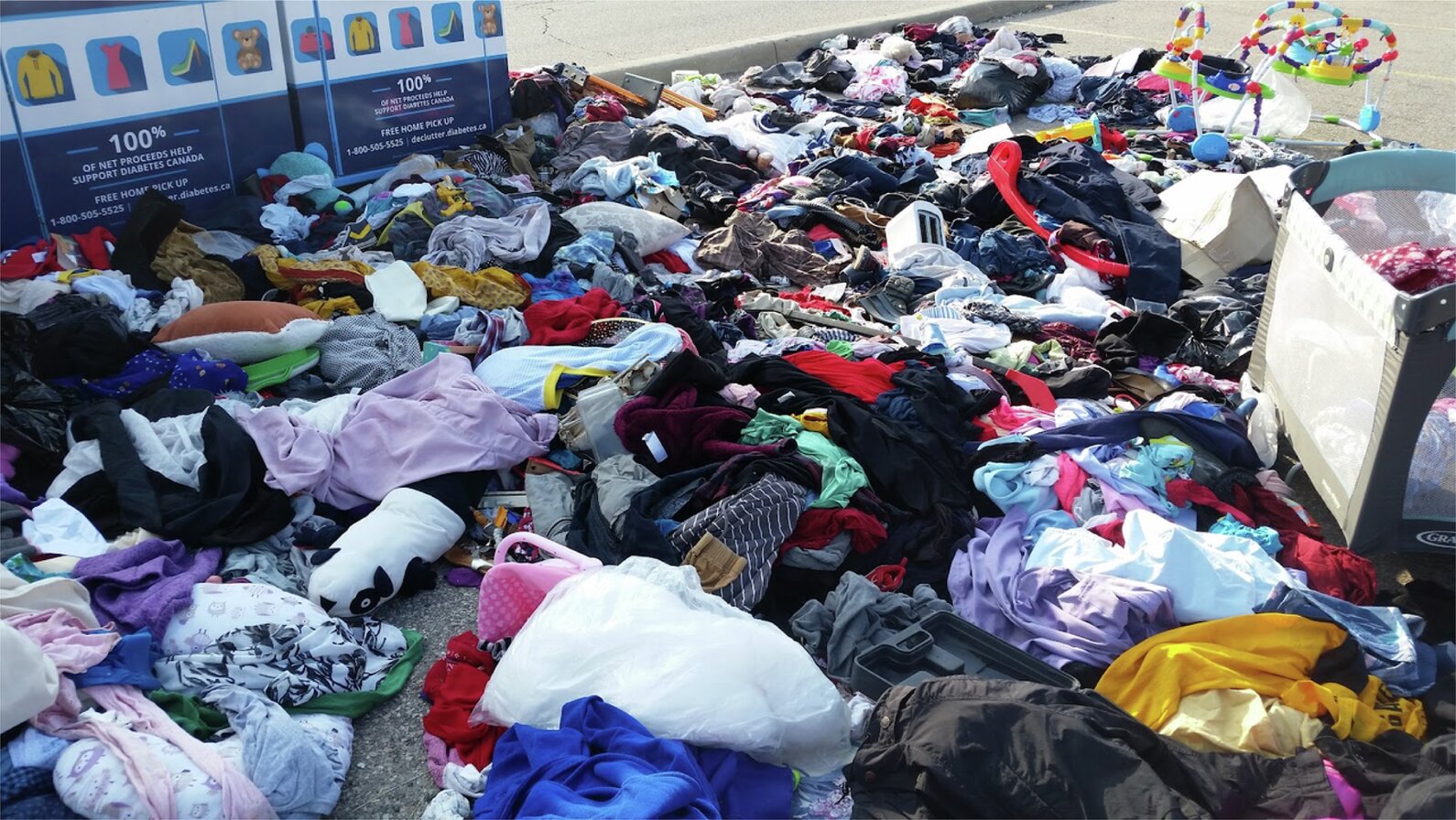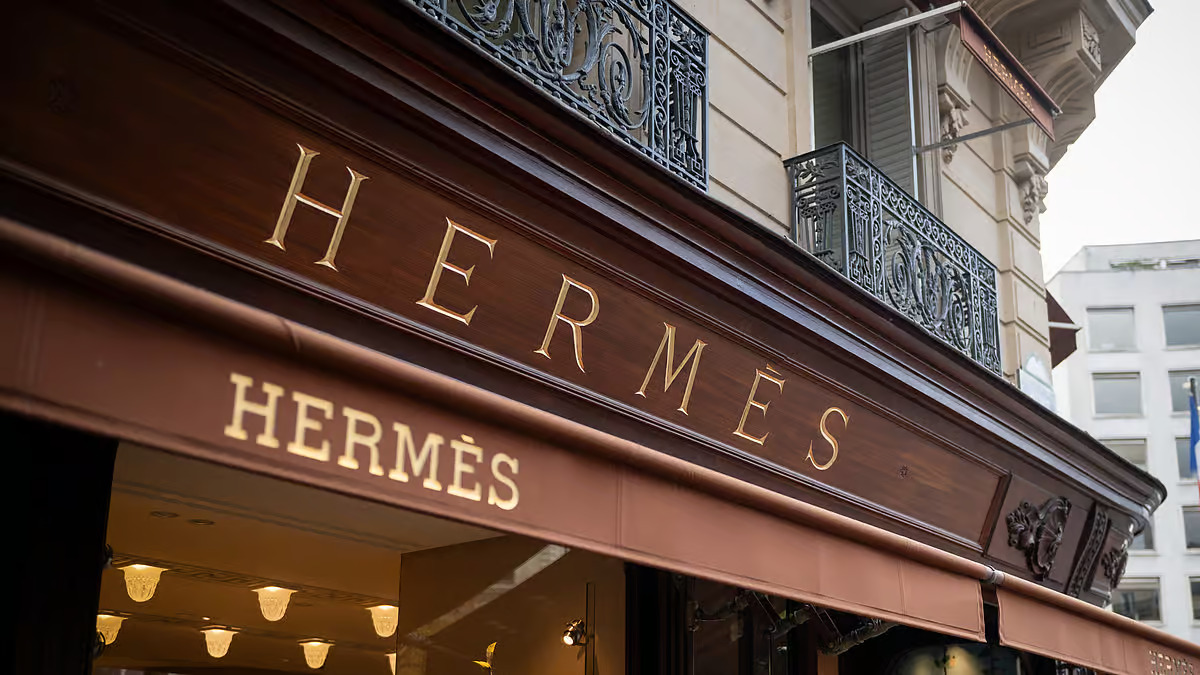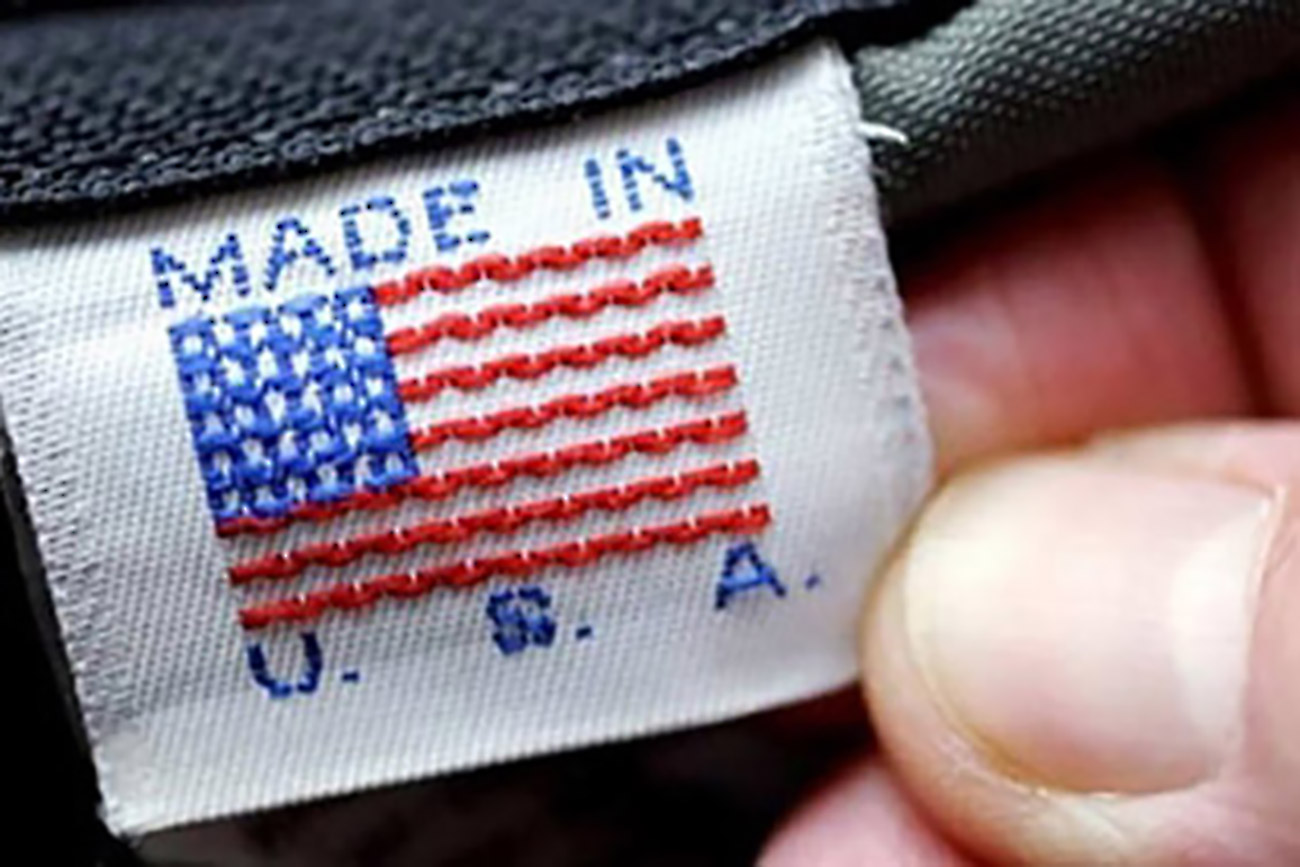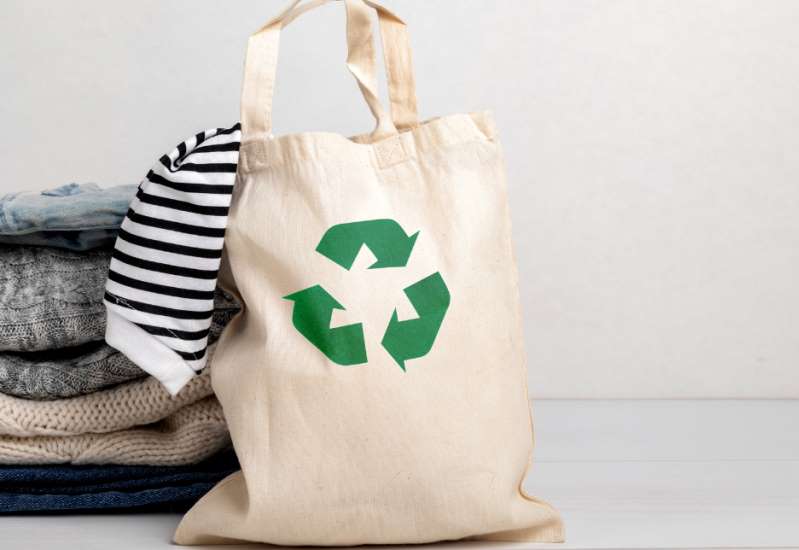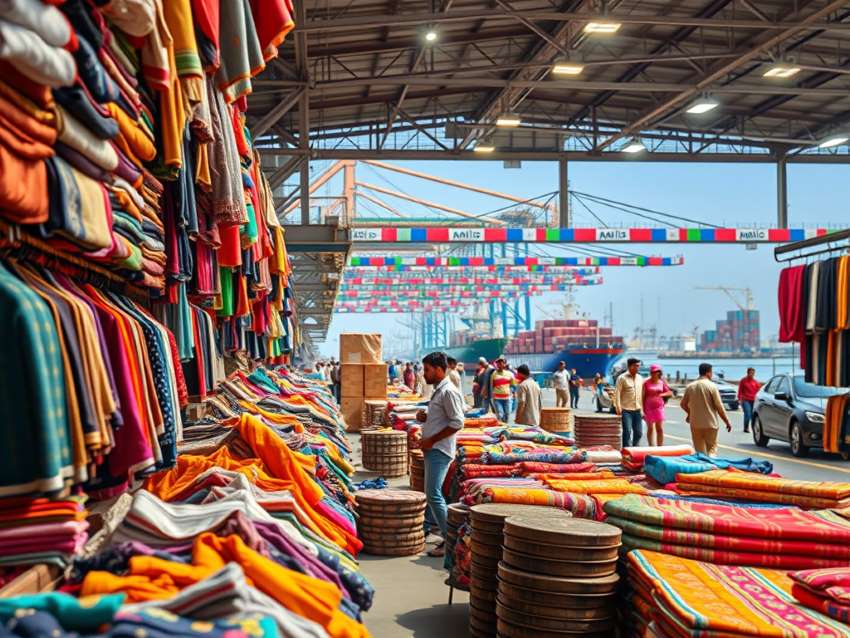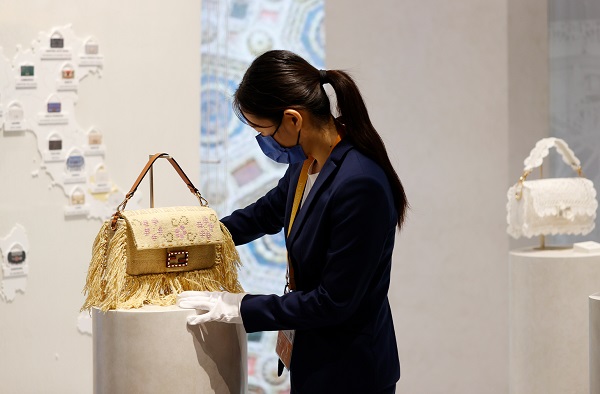
The upmarket stores across Asia had expanded rapidly in response to luxury brands increasing their footprint to capture domestic demand with travel corridors having shut down during the pandemic years. All the way from Thailand to South Korea, the quick shift toward domestic consumption made Western brands rethink their global retail footprint and distribute their investment in new ways. However, as the pandemic ebbs out, the same Western brands are now trying to figure out how best permanent repatriation can be made in the Asian market as the stakes get higher.
Experts feel, by 2025, Asian consumers are expected to account for more than half of the global luxury goods market. The proportion of spending that each nationality makes at home compared to the proportion they make abroad needs to be focussed on. Global consultancy company, Bain & Company forecasts now with a dip during the pandemic, Asians will make up between 55 and 64 per cent of total spending, up from 43 per cent in 2019. While the Chinese and Japanese will remain the two biggest spending nationalities, others too are on the rise. The luxury fashion industry’s collective efforts to rope in Asian customers in their own country have accelerated with premium brands pulling out all stops to make this work.
Local high-profile events help domestic consumption
Hosting fashion shows and having famous local celebrities and models endorsing products are some of the ways to keep the buzz going. French luxury fashion house recently cast Asian models on the runway and its creative collaboration with Thai film director Sivaroj Kongsakul lured high-profile Thai celebrities such as Urassaya Sperbund and Mario Maurer as well as South Korean actor Park Bo-gum to the red carpet at the mall. Christian Dior’s also had its first fashion show in South Korea in April, to forge new powerful ties with this country. Dior also recently presented events in Ho Chi Minh City, Vietnam, and Bali in Indonesia. Not to be outdone, Burberry took its TB Monogram pop-ups on tour, hosting events at holiday destinations in South Korea and Singapore.
As Thailand’s Chadatip Chutrakul, CEO of Siam Piwat Group points out, during lockdowns, demand from affluent local customers helped compensate for most of the loss of international shoppers. The decline in tourists made them change strategy to focus on local customers’ needs and requirements, allowing them to build a robust domestic market. The Siam Piwat Group owns high-profile shopping centres in Thailand, where the overall luxury market sales are on a meteoric high. Churakul says, over the past two years, there has been no decline in luxury spending — only a triple-digit increase, as the result of the consolidation of local Thai spending in the domestic market.
Although in India, the effects of repatriation is yet negligible, Mukesh Ambani , the chairman of Reliance Industries is building at least one new luxury mega-mall, Jio World Plaza, which is expected to include dozens of premium label boutique stores from Louis Vuitton to Gucci, to cater to the growing demand for premium brands. With local stores in the big cities across Asia having evolved to very high standards of fit-outs as well as offering a varied global product portfolio of the latest trends, the apparel repatriation game is going to be a tricky one.

